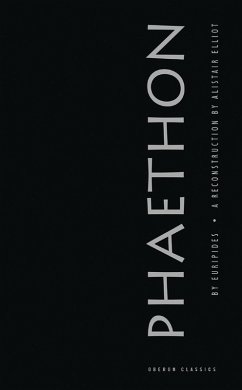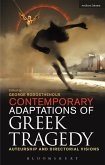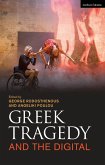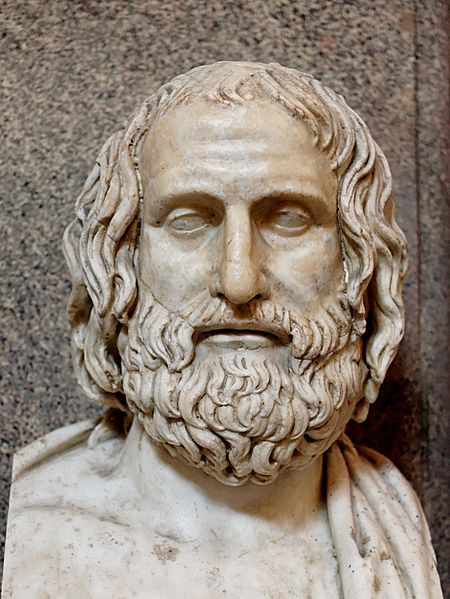In classical mythology, Phaethon is the child of the sun god Helios, who tries to drive his father's chariot and is killed in the attempt. Euripides explains how this happened: Helios had seduced Phaeton's mother - already betrothed to another - and as the price of her seduction had promised to grant her a favour. As an adult Phaethon claims the promise and asks to drive his father's chariot, with disastrous consequences...
Only a quarter of Euripides' original version of Phaethon has survived. Alistair Elliot has translated these surviving 327 lines and reconstructed the rest, staying as faithful as possible to Euripides' time and way of thinking. The result is something very like finding a lost Euripides play, unperformed since the fifth century BC and amounting to a new masterpiece.
Only a quarter of Euripides' original version of Phaethon has survived. Alistair Elliot has translated these surviving 327 lines and reconstructed the rest, staying as faithful as possible to Euripides' time and way of thinking. The result is something very like finding a lost Euripides play, unperformed since the fifth century BC and amounting to a new masterpiece.










